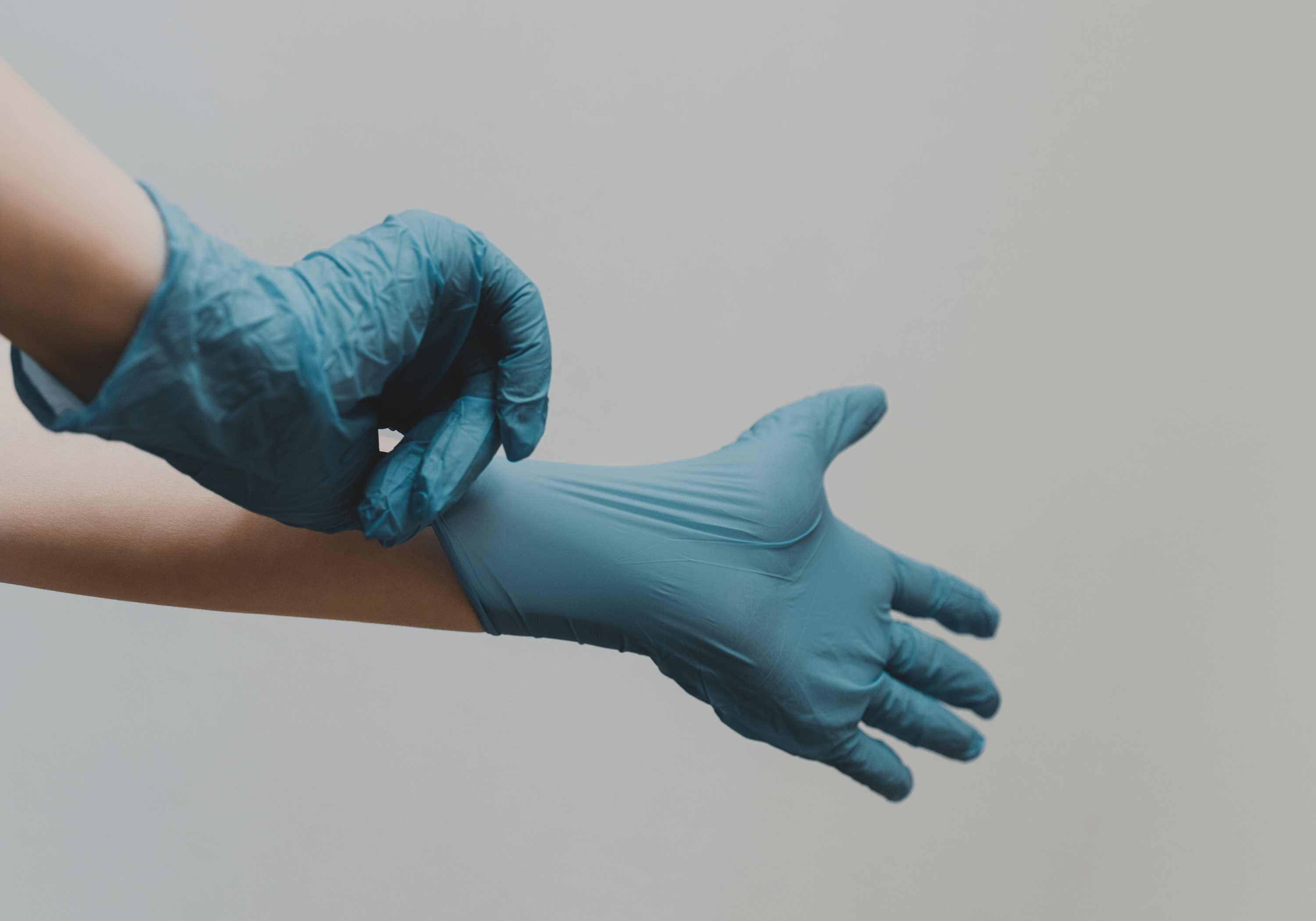
Facebook should adopt strategies appropriate to the reality of the pandemic in Brazil
InternetLab submitted a comment to the Oversight Board on false information of Covid-19’s dissemination on social media
In early June, the Oversight Board opened yet another case for public comments. InternetLab submitted a comment to the case, which concerns disinformation related to combating the pandemic shared in a post by a medical council.
Established by Facebook to serve as independent oversight of the platform, the board has received comments from individuals and organizations. InternetLab has already submitted two comments to the Oversight Board, one in 2020 (first Brazilian case), the other in February.
The case referred by Facebook to the Oversight Board: disinformation by a medical council
In its call for comments, the Oversight Board included the following description of the case:
In March 2021, the Facebook Page of a state-level medical council in Brazil posted a picture of a written notice with messaging on measures to reduce the spread of COVID-19. The notice claims that lockdowns are ineffective, against the fundamental rights of the Constitution and condemned by the World Health Organization (WHO). It includes an alleged quote from Dr David Nabarro of the WHO stating that “the lockdown does not save lives and makes poor people much poorer.” The notice also claims that the Brazilian state of Amazonas had an increase in the number of deaths and hospital admissions after lockdown, evidence of the failure of lockdown restrictions. The notice claims that lockdowns would lead to an increase in mental disorders, alcohol and drug abuse, and economic damage, amongst other things. It concludes that effective preventative measures against COVID-19 include education campaigns about hygiene measures, the use of masks, social distancing, vaccination and extensive monitoring by the government – but never the decision to adopt lockdowns.
The content was viewed around 32,000 times and shared over 270 times. No users reported the content. Facebook took no action against the content and referred the case to the Board. The content remains on the platform.
In its referral to the Board, Facebook said that the case is “difficult because this content does not violate Facebook’s policies, but can still be read by some people as advocacy for taking certain safety measures during the pandemic.” It states that under its Misinformation and Harm policy, it removes content containing misinformation “when public health authorities conclude that the information is false and likely to contribute to imminent violence or physical harm.” Facebook says that “this content does not meet that standard. While the World Health Organization and other health experts have advised Facebook to remove claims advocating against specific health practices, such as social distancing, they have not advised Facebook to remove claims advocating against lockdowns.”
InternetLab’s comment
In a comment submitted by InternetLab jointly with Professor Bruno Caramelli (Faculty of Medicine, University of São Paulo), we draw attention to the pledges to which Facebook has publicly commitment, including its corporate human rights policy. In that document, the company promises to identify and prioritize the most salient human rights issues in each context it operates.
However, in the case referred to the board, Facebook does not show that the company took the Brazilian reality into account. As highlighted in our comment:
- The content in question contains two elements of disinformation, distorting the statement by WHO’s David Nabarro and the evidence about the lockdown in Manaus (the capital of the Brazilian state of Amazonas, which witnessed the collapse of the hospital systems in January 2021);
- The post has a considerably greater potential negative impact given that it was disseminated by a medical council, which enjoys credibility by the population in Brazil;
- As such, considering the policies and commitments adopted by the company, labeling the content as disinformation would be expected;
- Facebook claims to seek advice from experts, without clarifying who they might be; nothing indicates, however, that they are connected to reality in Brazil, where experts would be very familiar with the misleading statements;
- If the institutional crisis in Brazil is the reason why Facebook has not sought support from the Ministry of Health, that does not mean that Facebook can fail to take any action, particularly considering principle 23 of the UN’s Guiding Principles on Business and Human Rights, to which the company has committed and which calls for measures even in the face of different local context;
- In the Brazilian context, this could be translated into the creation, by Facebook, of an advisory group composed of independent experts, such as specialists from the Brazilian Society of Infectious Diseases.
The comment emphasizes that responsibility for health misinformation during the pandemic should be demanded from public officials and professionals with ethical standards, such as doctors — not exclusively from platforms. Yet if Facebook intends to honor its promises, omission is not an option: it must adopt strategies appropriate to the Brazilian reality.
Read the comment to the Oversight Board here (in English). It can also be read in Portuguese here.